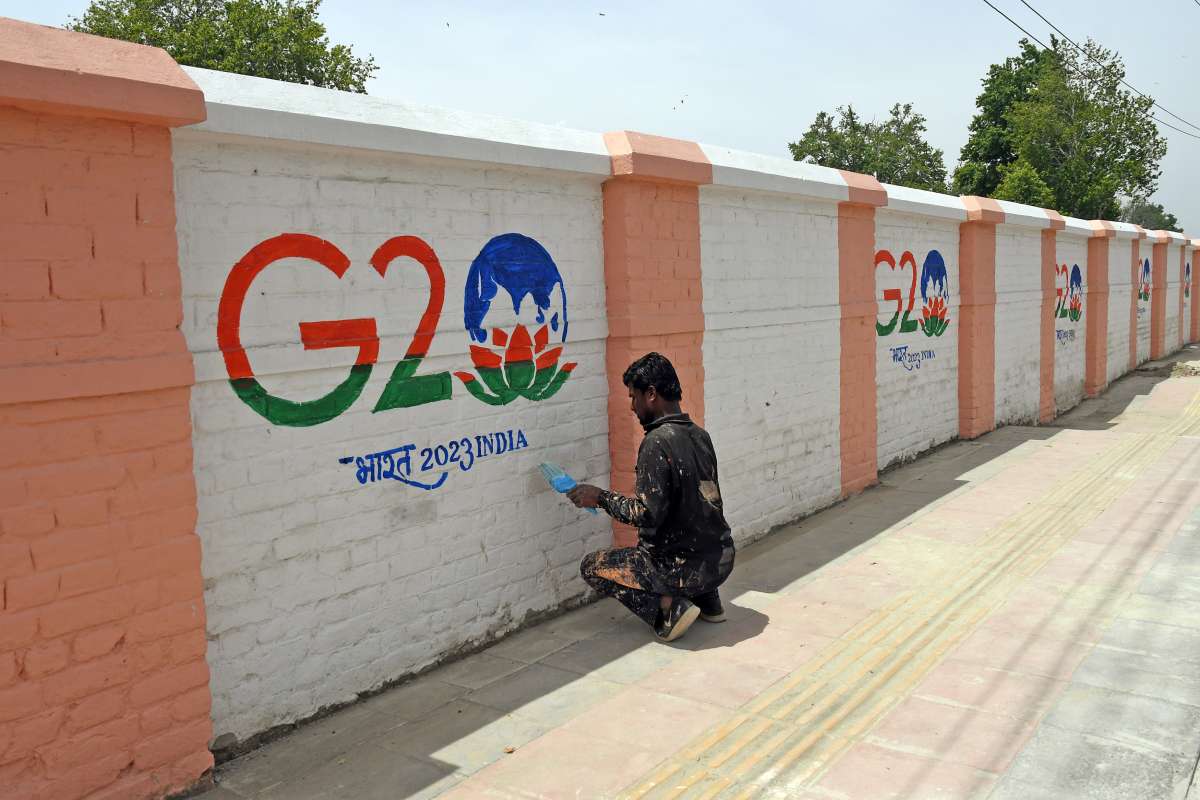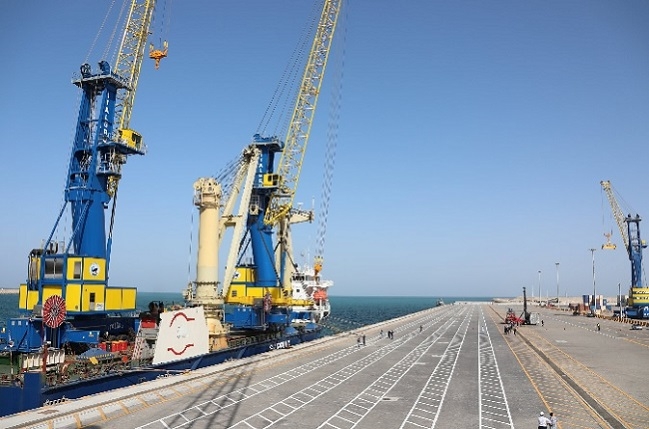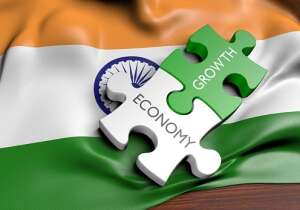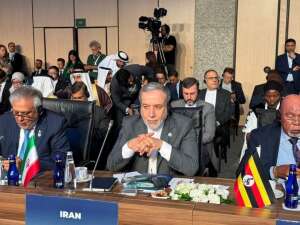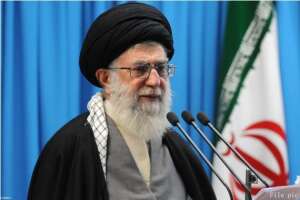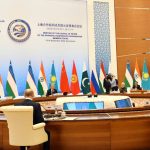The effects of international conflicts are instantly felt within the nation because of the substantial presence of Indian workers, students, and diaspora in other regions of the world…reports Asian Lite News
India, ever since it took over the rotating presidency of the G20 in December last year, has made persistent efforts to send a message that as a leader in multilateral platforms, it will work to usher in inclusive agenda-setting practices and create transparent processes to act on shared global challenges, Asia Times reported.
Recently, the Economic Advisory Council to the prime minister of India has released an occasional paper on challenges confronting the Group of Twenty (G20) and the need to craft effective policy solutions while taking into account the worries of the Global South or emerging countries. For instance, the paper stressed the importance of providing underdeveloped nations with more help so they may operationalise resilience measures and establish generous technology-sharing standards. Notably, the study urged for more global and bilateral investment for “build back broader” programmes by undertaking integrated infrastructure projects in order to assist the Global South in overcoming post-pandemic economic issues, as per Asia Times.
The Indian government has consistently worked to include a range of viewpoints in G20 discussions ever since it assumed the G20 presidency in December last year. For instance, a “Voice of Global South Summit” was convened in January to solicit input and include the perspectives of developing nations in the G20 agenda.
As of the last month, more than 12,300 participants from more than 110 different countries had already attended G20 meetings. As of now, India has hosted more than 105 sessions for the G20’s engagement groups, ministerial meetings, and Sherpa tracks.
Numerous organisations in India are planning conferences, workshops, seminars, and other activities pertaining to the G20. Diverse societal sectors’ active participation in these events reflects a rise in public interest in world politics.
With the growth of media and social media, even the general populace is beginning to recognise how global events affect them on a daily basis. For instance, it is now more commonly acknowledged that the conflict in Ukraine is responsible for the rise in energy costs, according to Asia Times.
As the Indian service sector becomes more integrated into the global economy, several Indian startups were adversely affected by the failure of Silicon Valley Bank in the US. The periodic shortcomings in financial regulation in rich nations and their repercussions for developing ones are hot topics in India.
People are leaving India in greater and greater numbers, both for business and leisure. The overall number of students who will be studying abroad in 2022 will rise by 68 per cent to 750,365.
The effects of international conflicts are instantly felt within the nation because of the substantial presence of Indian workers, students, and diaspora in other regions of the world.
As a result, the G20 agenda and event calendar are a response to the country’s increased interest in international politics. G20 meetings are taking place all throughout India, be it Kerala in the deep south or Arunachal Pradesh in the northeast, Asia Times reported.
India is democratising its foreign participation, which should continue after the G20 Summit in September. State governments, think tanks, educational institutions, trade associations, labour unions, and cultural organisations are just a few of the entities striving to have an impact on India’s international engagement right now.
The G20 summits are being actively utilised by many state governments to highlight the economic potential in their local regions. Similarly, the third G20 Tourism Working Group Meeting will take place in Srinagar, Jammu & Kashmir, from May 22 to 24. (ANI)
ALSO READ- India slams UN Special Rapporteur’s remark on Srinagar G20 meet

